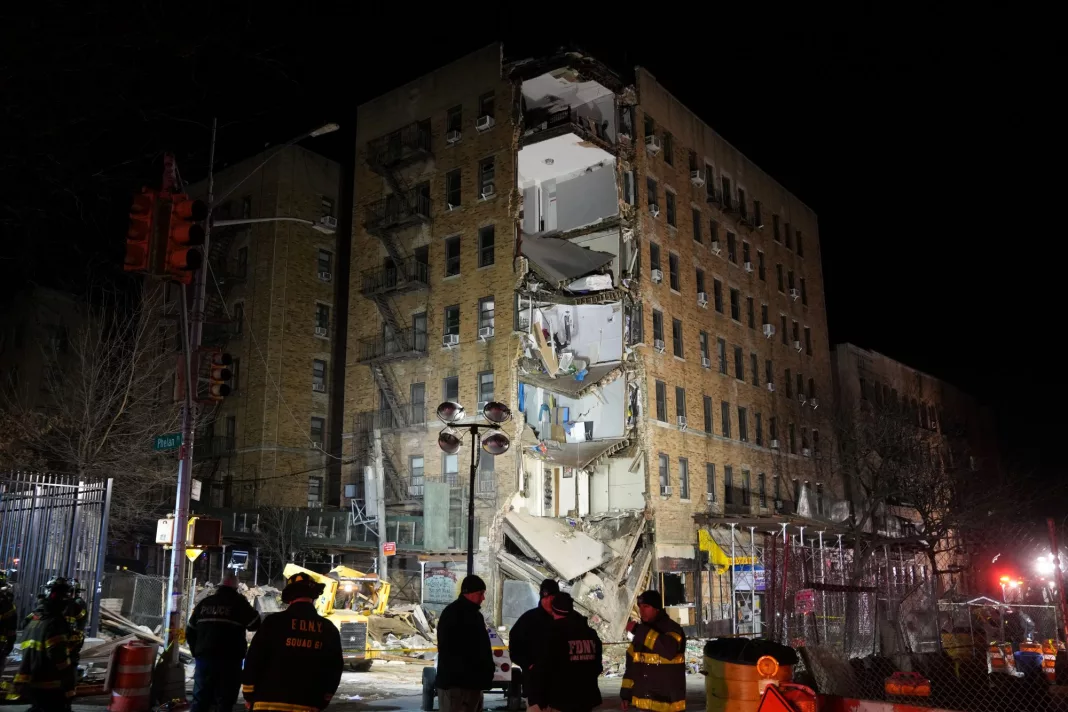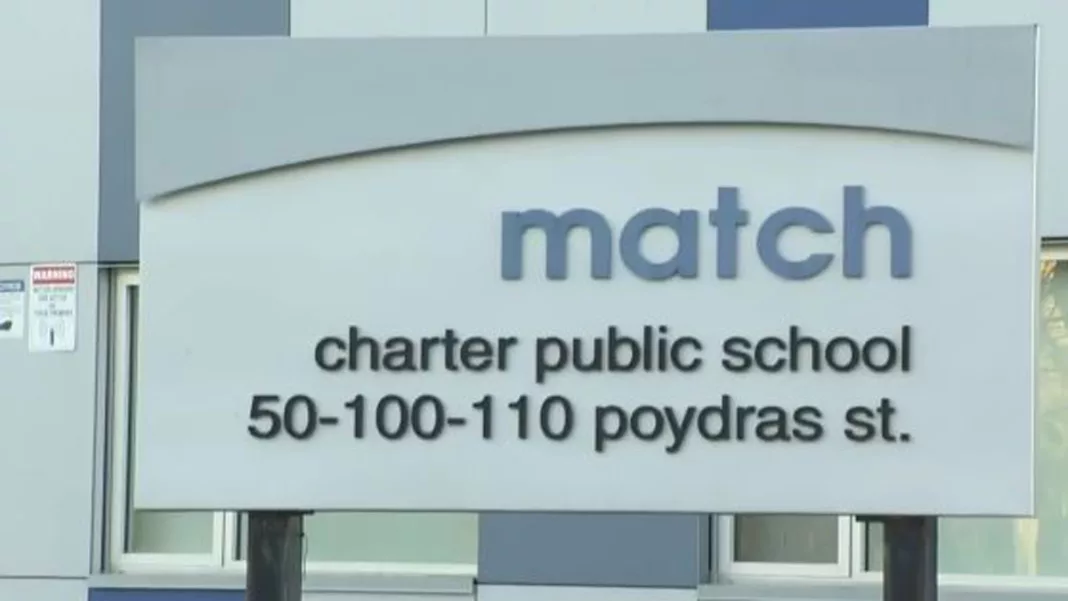The Impact of Progressive Policies on Building Maintenance in New York City
In recent years, New York City has witnessed a rise in incidents of building collapses and deteriorating structures. These incidents serve as a warning sign of the consequences of progressive policies that make it increasingly difficult for building owners to maintain their properties. This article explores the detrimental effects of these policies on building maintenance and highlights the urgent need for change.
The Bronx Building Collapse and Deferred Maintenance
Monday’s partial collapse of a 47-unit Bronx building serves as a stark reminder of the challenges faced by building owners. Fortunately, no lives were lost in this incident. However, it raises concerns about the state of New York City’s deteriorating buildings. The owner of the collapsed building has been hit with over 100 housing code violations in recent years, indicating a lack of proper maintenance. The left’s war on landlords further exacerbates the issue by prompting deferred maintenance.
The Impact of COVID-19 and Rent Regulations
The COVID-19 pandemic has had a significant impact on construction and repair projects throughout New York City. Scheduled repairs were halted in 2021, leaving many buildings in a state of disrepair. Additionally, many tenants stopped paying rent, further compounding problems for landlords. The combination of pandemic-related challenges and onerous rent regulations has left landlords unable to afford necessary maintenance.
The Financial Struggles of Landlords
Contrary to popular belief, the assumption that all city rental properties would thrive if not for “greedy landlords” is misguided. Rent regulations and tenant protections often prevent upstanding landlords from affording proper maintenance. This situation increases the likelihood that only buyers willing to cut corners will invest in these buildings. The financial health of a property cannot be solely determined by housing code violations or its inclusion on the “Worst Landlord List.”
Limitations on Rent Increases and Renovation Costs
Rent laws in New York City disproportionately affect older units that require renovation. These units, occupied for longer periods, have the lowest rents. However, a 2019 “pro-tenant” law severely limits landlords’ ability to increase rents to cover the costs of renovation and bring units up to code. Consequently, tens of thousands of apartments across the city remain unrenovated and vacant.
The State’s Role in Building Maintenance
The state also imposes limitations on rent hikes to recoup capital improvement costs. However, if landlords cannot demonstrate sufficient profit through rent rolls, they are unable to secure loans for necessary repairs. This results in a slow decay of buildings, similar to the situation faced by the New York City Housing Authority, which is burdened with a $78 billion bill to repair its housing stock.
Conclusion
Progressive policies in New York City have led to a shortage of affordable housing units and hindered building maintenance efforts. The consequences of these policies are becoming increasingly evident through incidents of building collapses and deteriorating structures. It is crucial for policymakers to acknowledge the impact of their decisions and work towards finding a balance between tenant protections and the financial viability of building owners. Failure to address these issues will only lead to more frequent disasters and a further decline in the city’s housing stock.

